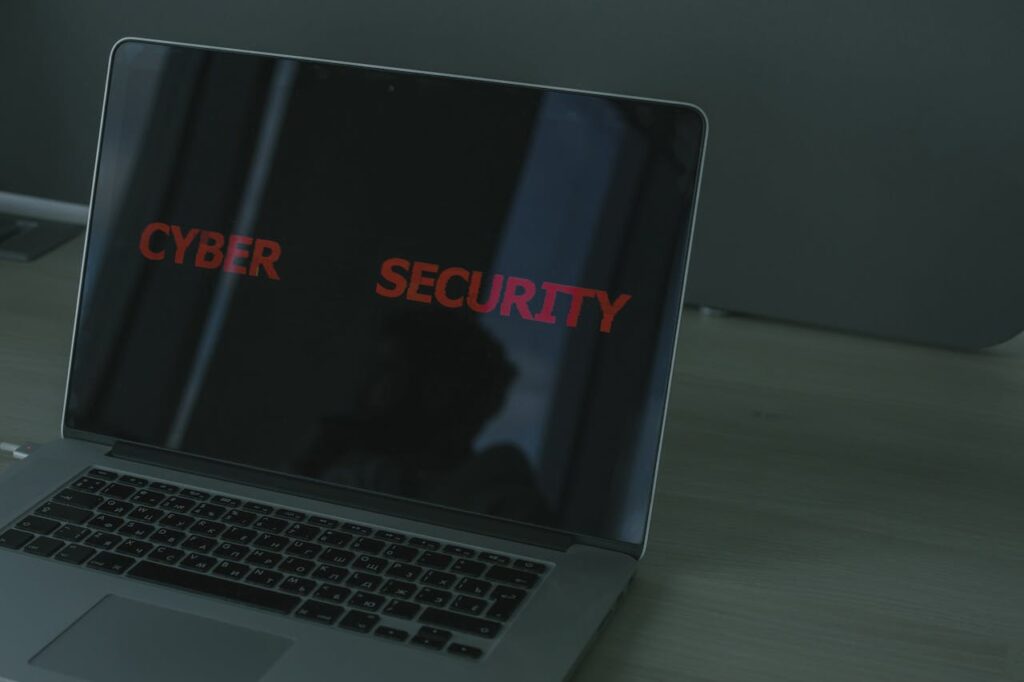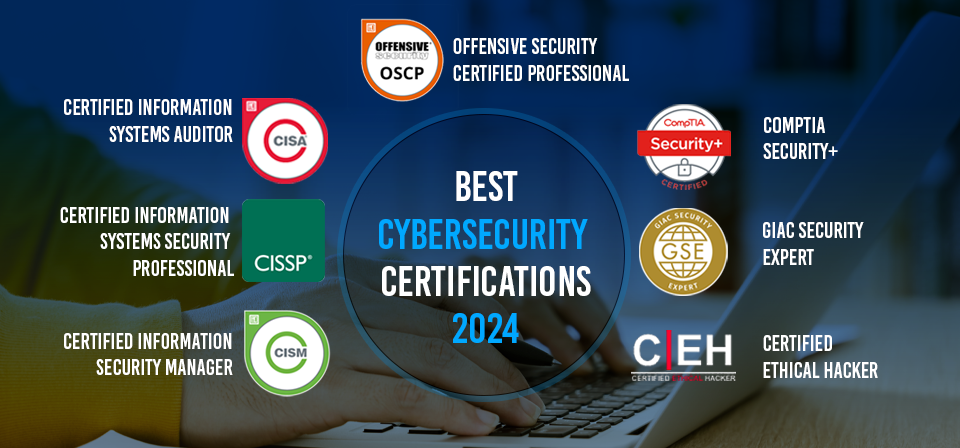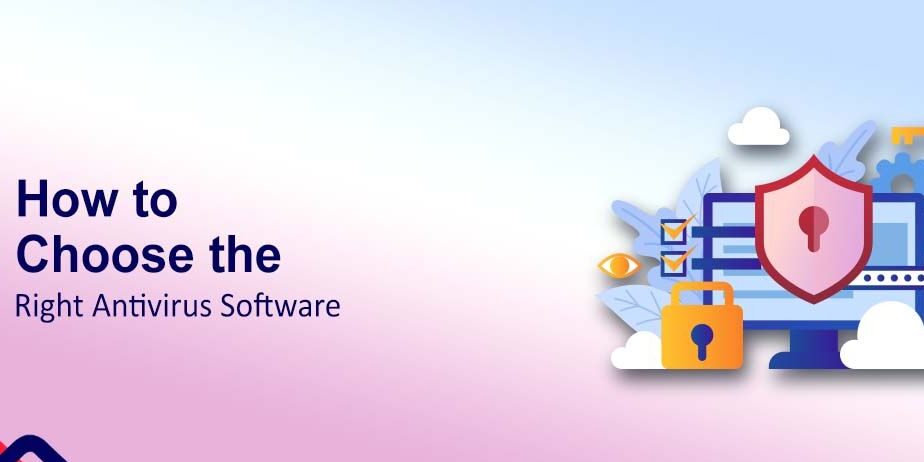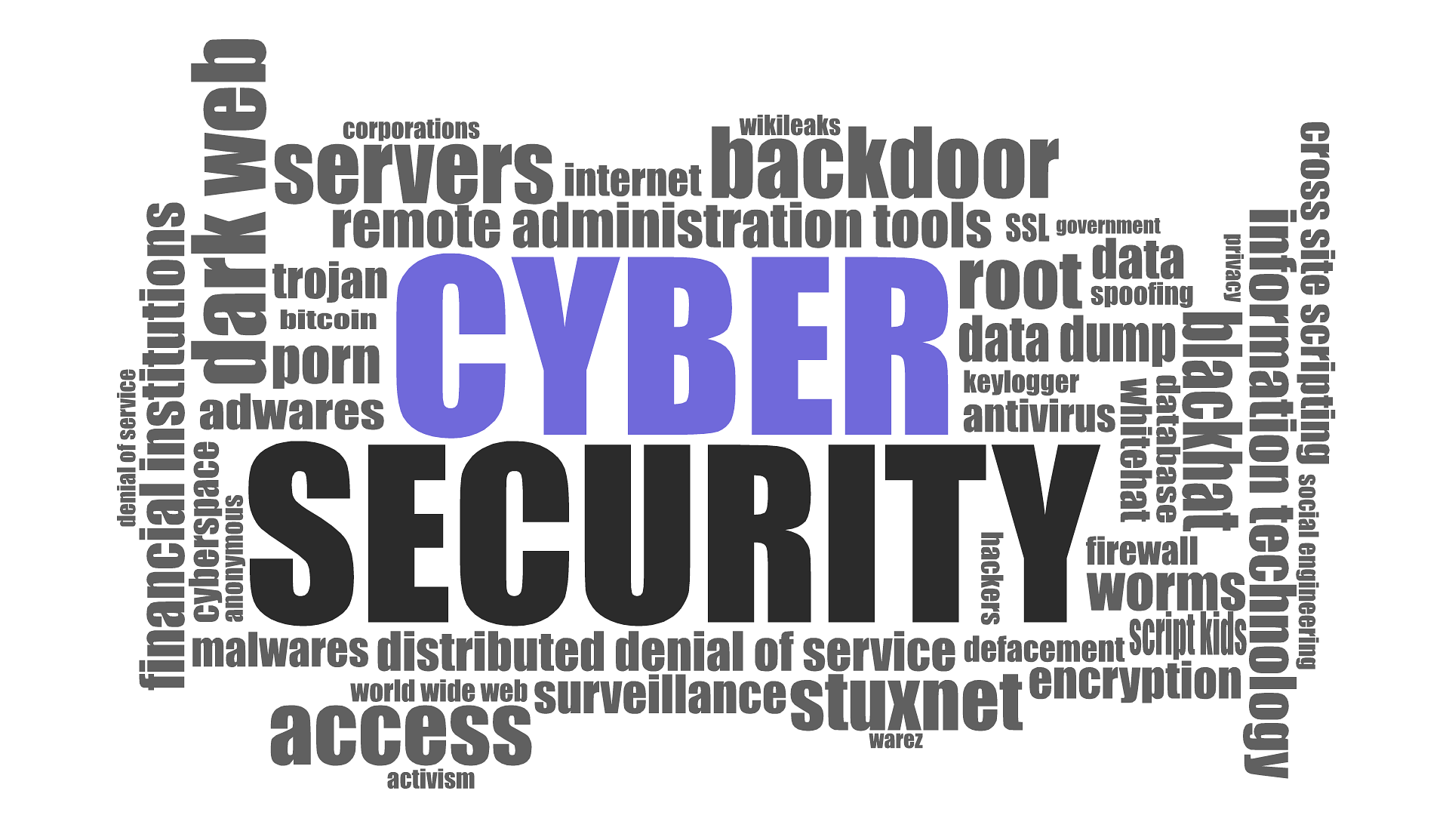Best Cybersecurity Certifications. Looking to boost your cybersecurity career? Discover the best cybersecurity certifications, their benefits, and how to choose the right one to meet your career goals.
Why Cybersecurity Certifications Matter
In today’s digital world, cybersecurity skills are in high demand, with businesses actively seeking qualified professionals to protect their data and networks. Certifications are an excellent way to validate your skills, increase your knowledge, and enhance your job prospects. But with so many options available, which cybersecurity certifications should you choose? Best Cybersecurity Certifications.
1. Why Obtain a Cybersecurity Certification?
Certifications in cybersecurity validate your expertise, increase your employability, and often lead to higher salaries. Many companies now require certifications for specific roles, particularly in compliance-driven industries like finance and healthcare. They not only provide you with the technical skills needed but also showcase your dedication to professional growth.
2. The Top Cybersecurity Certifications

Let’s explore some of the best cybersecurity certifications available today, including their focus areas, skill levels, and career benefits. Best Cybersecurity Certifications.
3. Certified Information Systems Security Professional (CISSP)
Focus: Management, Security Strategy, and Policy
The CISSP by (ISC)² is one of the most sought-after certifications for experienced security professionals, particularly those aiming for leadership roles. Covering a broad range of topics, including risk management, access control, and cryptography, the CISSP certification is widely recognized worldwide.
| Feature | Details |
|---|---|
| Recommended Experience | Minimum of 5 years in security or related field |
| Exam Format | 125 questions, 3 hours |
| Cost | Around $749 |
| Ideal for | Security analysts, consultants, and managers |
4. Certified Ethical Hacker (CEH)

Focus: Penetration Testing and Ethical Hacking Best Cybersecurity Certifications.
The CEH certification, offered by EC-Council, is designed for professionals interested in ethical hacking and penetration testing. It teaches skills in network vulnerability assessment and ethical hacking tools, making it ideal for individuals aiming to work in offensive security.
| Feature | Details |
|---|---|
| Recommended Experience | 2 years in information security (or attend training) |
| Exam Format | 125 questions, 4 hours |
| Cost | Around $1,199 |
| Ideal for | Ethical hackers, penetration testers |
5. CompTIA Security+
Focus: Foundational Security Skills Best Cybersecurity Certifications
CompTIA Security+ is an entry-level certification that covers essential security concepts such as threat management, network security, and identity management. Known for its broad scope, Security+ is ideal for those new to cybersecurity who want a solid foundation.
| Feature | Details |
|---|---|
| Recommended Experience | None required, though basic IT knowledge is useful |
| Exam Format | 90 questions, 90 minutes |
| Cost | Around $392 |
| Ideal for | Security specialists, network administrators |
6. Certified Information Security Manager (CISM)
Focus: Information Security Management
CISM, offered by ISACA, is ideal for professionals aiming for managerial roles in cybersecurity. This certification focuses on information security governance, program development, and incident management. CISM is valuable for professionals looking to advance into leadership roles.
| Feature | Details |
|---|---|
| Recommended Experience | Minimum of 5 years in information security |
| Exam Format | 150 questions, 4 hours |
| Cost | Around $575 for ISACA members, $760 for non-members |
| Ideal for | Security managers, consultants, risk managers |
7. GIAC Security Essentials (GSEC)
Focus: Technical Security Skills and Knowledge
The GSEC certification from GIAC is aimed at professionals who want to validate their technical skills in areas such as network security, cryptography, and incident response. It’s a highly regarded certification that covers real-world security skills needed in the field.
| Feature | Details |
|---|---|
| Recommended Experience | None required |
| Exam Format | 106-180 questions, 5 hours |
| Cost | Around $2,499 |
| Ideal for | Security professionals, network administrators |
8. Certified Cloud Security Professional (CCSP)
Focus: Cloud Security
With cloud computing gaining popularity, the CCSP certification by (ISC)² is becoming increasingly relevant. CCSP covers cloud architecture, data security, and risk management, making it ideal for security professionals working in cloud environments.
| Feature | Details |
|---|---|
| Recommended Experience | 5 years in IT, with 1 year in cloud security |
| Exam Format | 125 questions, 3 hours |
| Cost | Around $599 |
| Ideal for | Cloud security professionals, system architects |
9. Offensive Security Certified Professional (OSCP)
Focus: Advanced Penetration Testing
The OSCP certification, offered by Offensive Security, is known for its rigorous hands-on testing approach. Unlike most certifications, OSCP requires candidates to perform actual penetration testing tasks in a lab environment, making it highly respected in the industry.
| Feature | Details |
|---|---|
| Recommended Experience | Intermediate knowledge of network security |
| Exam Format | 24-hour practical exam |
| Cost | $999 with lab access |
| Ideal for | Penetration testers, red team members |
10. Comparison Table: Which Certification Is Right for You?
Below is a quick comparison of some top certifications based on career level, cost, and focus area:
| Certification | Recommended Experience | Cost | Focus Area | Ideal For |
|---|---|---|---|---|
| CISSP | 5+ years | $749 | Management, Security | Analysts, Managers |
| CEH | 2+ years | $1,199 | Ethical Hacking | Ethical Hackers, Pen Testers |
| Security+ | None | $392 | Foundational Security | Entry-level IT and Security roles |
| CISM | 5+ years | $575-$760 | InfoSec Management | Managers, Risk Managers |
| GSEC | None | $2,499 | Technical Security | Security, Network Admins |
| CCSP | 5+ years | $599 | Cloud Security | Cloud Professionals |
| OSCP | Intermediate | $999 | Penetration Testing | Pen Testers, Red Teamers |
11. How to Choose the Right Certification for Your Career

Selecting the right certification depends on your career goals, experience level, and preferred field of expertise:
- Beginner Level: CompTIA Security+ or GSEC is ideal if you’re just starting.
- Mid-Level Experience: CISSP or CISM can open doors to managerial and strategic roles.
- Specialized Fields: Choose CEH for ethical hacking, CCSP for cloud security, and OSCP for advanced penetration testing.
Table of Contents
12. Benefits of Holding Multiple Certifications
Combining certifications can give you a competitive edge. For example, pairing CISSP with CCSP could make you more marketable for roles in cloud security management. Likewise, holding both CEH and OSCP can demonstrate advanced offensive security skills, which are highly valued.
13. The Financial ROI of Cybersecurity Certifications
Certifications can significantly boost your earning potential. For example, CISSP-certified professionals often command higher salaries due to their advanced knowledge and skills. Investing in the right certification can yield a strong return by opening up more lucrative job opportunities.
Conclusion: Start Your Cybersecurity Certification Journey Today
Whether you’re a newcomer or an experienced professional, obtaining a cybersecurity certification can fast-track your career, validate your skills, and make you more competitive in the job market. Take time to evaluate your career goals, choose the certification that aligns with your interests, and invest in continuous learning. Cybersecurity is constantly evolving, and certifications help you stay updated, relevant, and prepared to tackle new challenges in the field.
Frequently Asked Questions (FAQs)
1. Do I need multiple certifications to succeed in cybersecurity?
Not necessarily, but holding multiple certifications can broaden your skill set and make you more competitive in specialized areas.
2. Which certification is best for beginners?
CompTIA Security+ and GSEC are ideal entry-level certifications, covering foundational security knowledge.
3. Are cybersecurity certifications expensive?
Yes, some certifications, like GIAC’s GSEC, can be pricey. However, many are considered worthwhile investments due to their impact on earning potential.
4. Can I earn cybersecurity certifications online?
Absolutely. Many providers offer online exams, allowing you to complete certifications remotely.
5. How often do I need to renew cybersecurity certifications?
It varies by certification; some, like CISSP, require Continuing Professional Education (CPE) credits, while others may have renewal exams.




